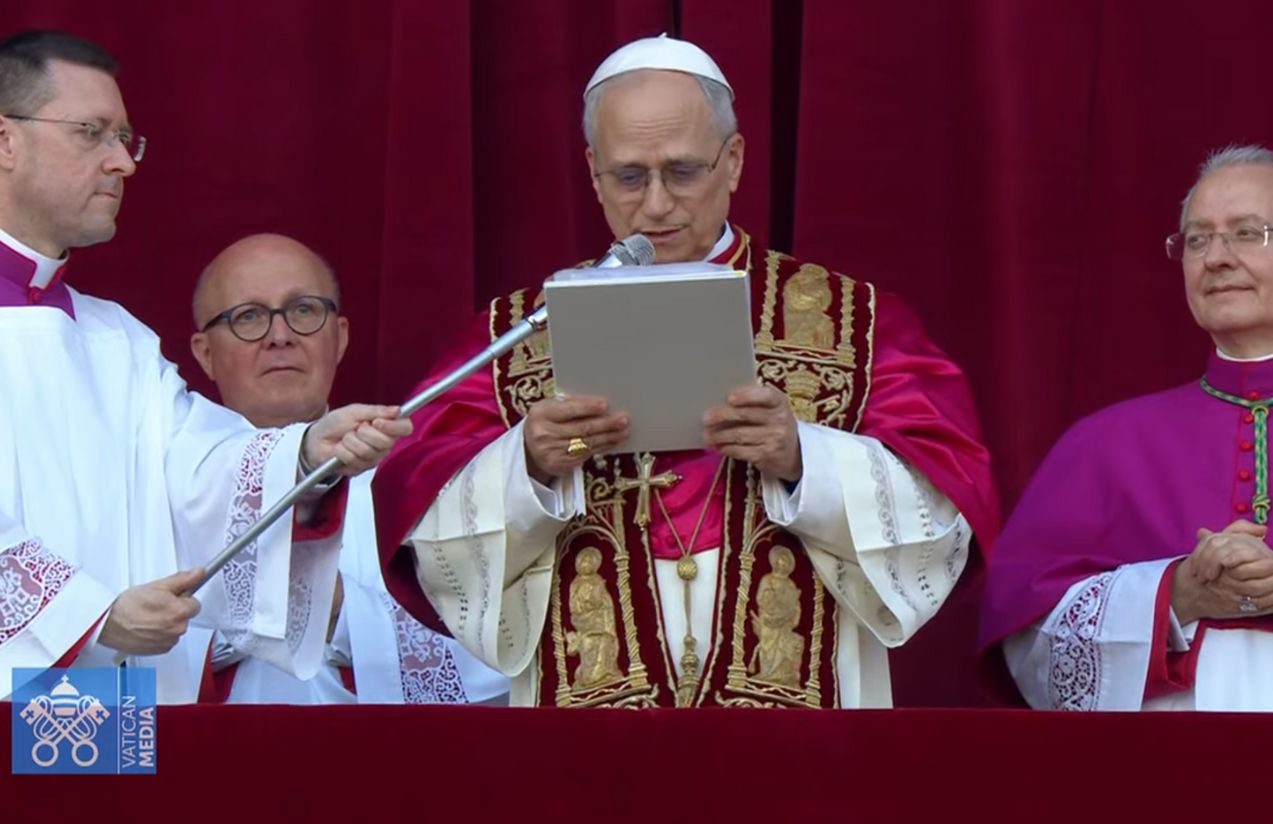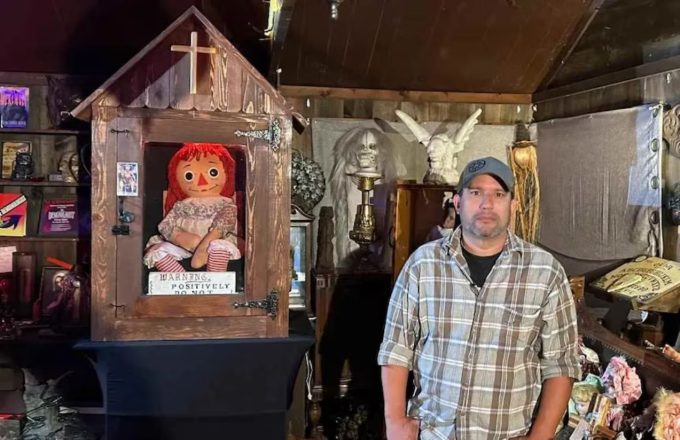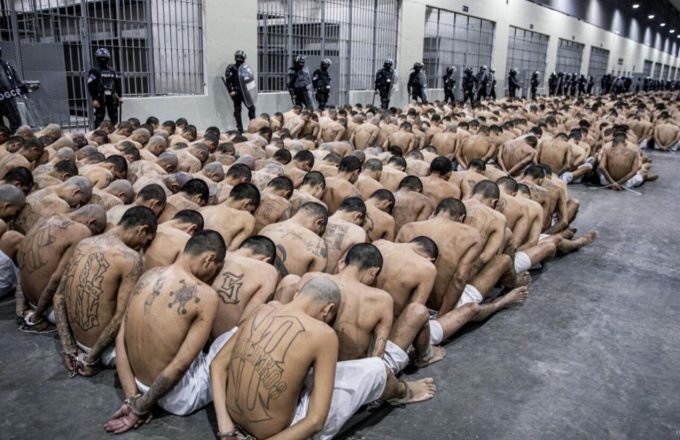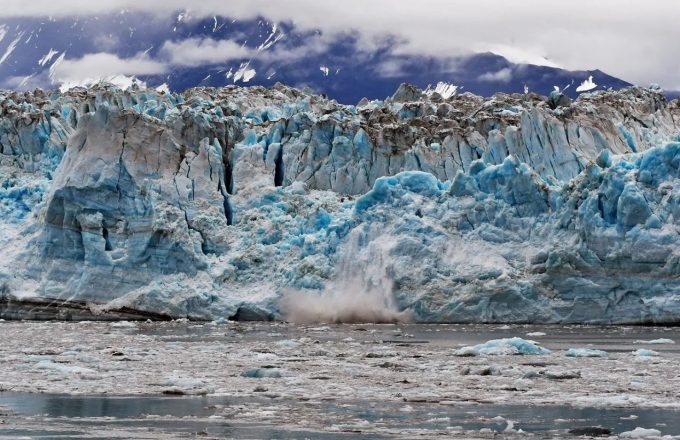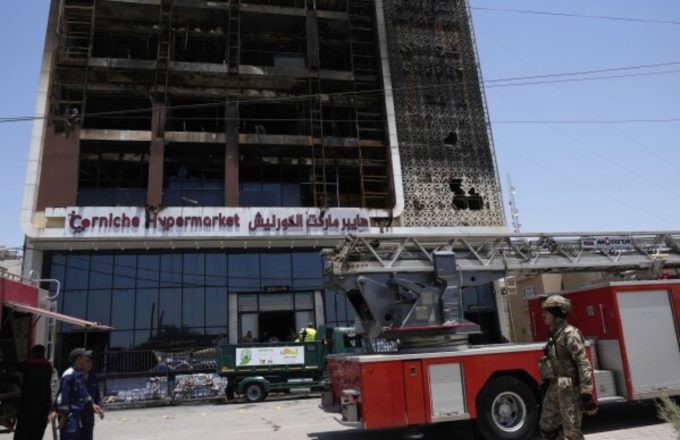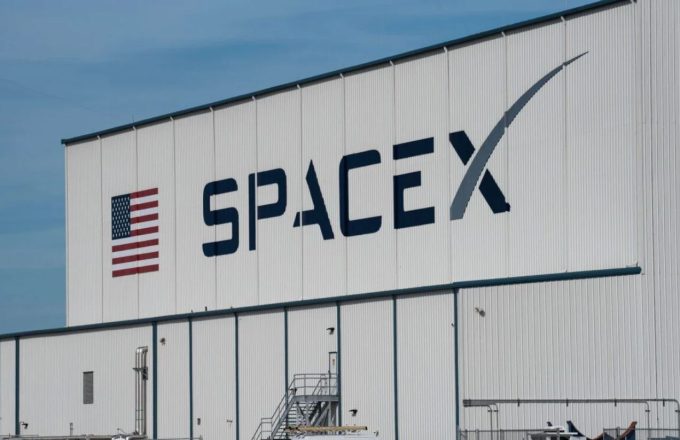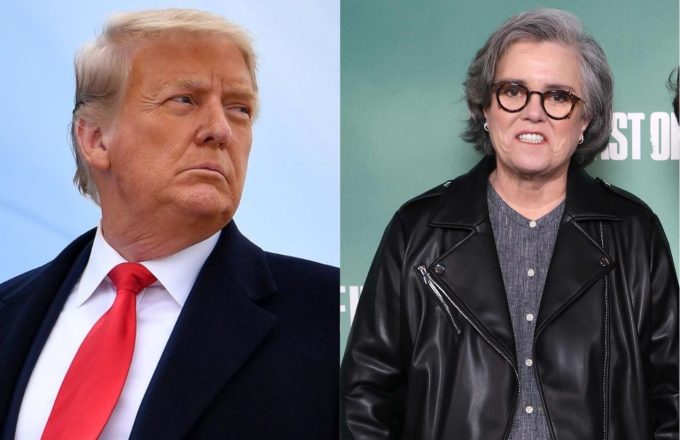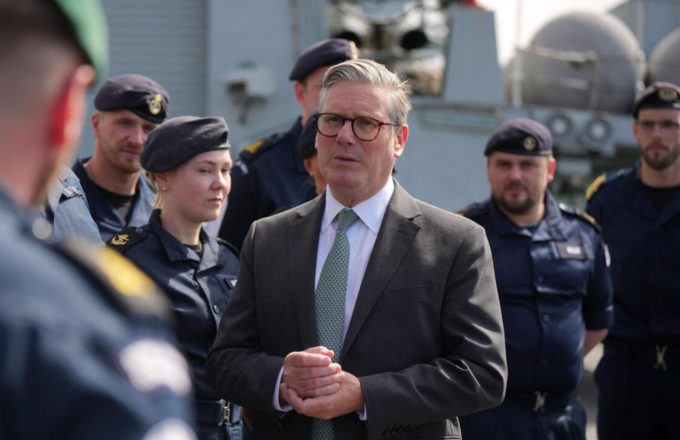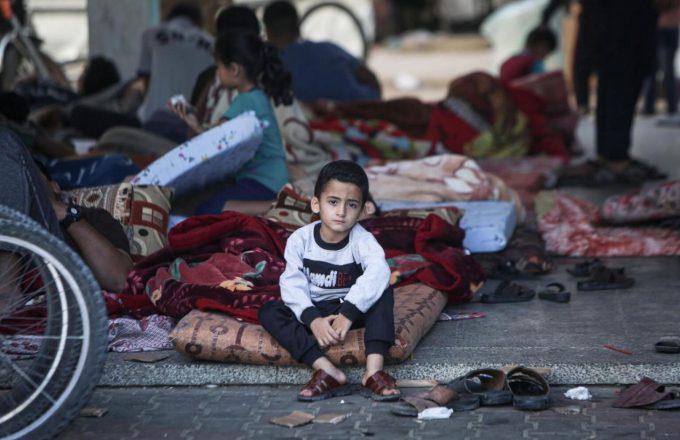In a surprisingly swift decision, the most multicultural conclave in the history of the Catholic Church has reached an agreement: the 133 cardinals have chosen a new pontiff. The white smoke signaled to the world: habemus Papam.
As tradition dictates, the Church’s protodeacon announced the news from the balcony of St. Peter’s Basilica with the Latin formula: “Annuntio vobis gaudium magnum: habemus Papam!” (“I announce to you a great joy: we have a Pope!”). He then revealed the name of the new leader of the Catholic Church and the papal name he has chosen.
This conclave was among the fastest in recent decades. With just four ballots — the same number needed in 2005 to elect Benedict XVI — it was concluded even quicker than the 2013 conclave that required five rounds to elect Pope Francis. Now, between 45 minutes and an hour will pass before the new Pope appears before the faithful from St. Peter’s central balcony.
The new Pope is 69-year-old American cardinal Robert Francis Prevost — a historic choice that breaks with the unwritten rule against electing a pontiff from a major world power like the United States. His election, in a time still marked by Donald Trump’s political legacy, represents a significant stance by the Church in global affairs, aiming to open dialogue with both the White House and the American people.
In his first message to the world as pontiff, the new Pope — who has taken the name Leo XIV — offered a simple yet meaningful greeting:
“Peace be with you all, sisters and brothers.”
Born in Chicago to French and Spanish parents, Prevost spent four decades in Peru, where he served as a bishop. Calm and discreet by nature, he has avoided the spotlight and has not granted a single interview. Well-regarded across different sectors of the Church, he was unexpectedly appointed by Pope Francis in 2023 to lead the powerful Dicastery for Bishops — a role that allowed him to engage with dioceses on every continent.
With solid pastoral and administrative experience, he previously served as superior general of the Order of St. Augustine, to which he belongs. His appointment breaks with long-standing reluctance to choose a pope from the U.S., due to the country’s global dominance. However, his conciliatory profile may prove essential in healing divisions within the deeply polarized American Church. He may also help revive financial support from U.S. donors for the Vatican, which has been struggling in recent years.


